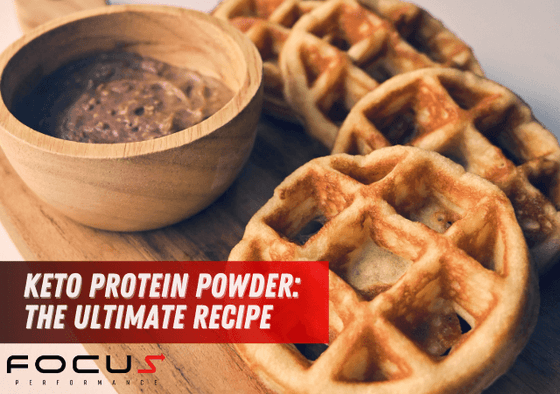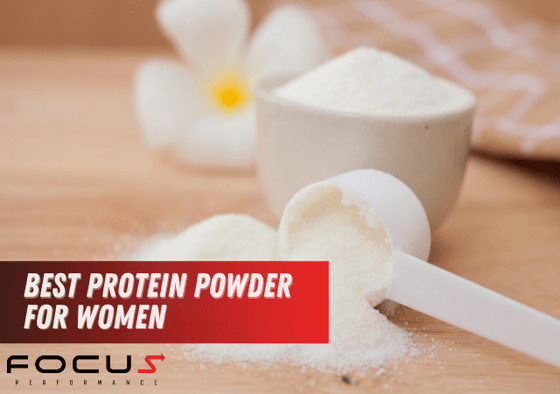
Here’s proof it doesn’t have to. There is an assumption that healthy food costs more than junk food. A recent study by the university of Cambridge found that healthy food can cost up to three times more than junk food.
However, don’t let this ruin your enthusiasm for healthy food, as it really does depend on the way you look at it. This study has been covered by a lot of websites, which means more people will be convinced that eating healthy is too expensive. You can eat healthy for less, you just have to be smart about it.
In this study they look at 100 items of food that were either deemed healthy or unhealthy by the government. 1,000 calories made up from healthy items cost an average of £7.49, whereas the same calories made up from unhealthy products such as pizza and doughnuts cost just £2.50. However, the results are not as clear cut as they seem.

The key thing to note about this study is that it is based on calories. Junk food contains empty calories with little nutritional value, so they are unlikely to fill you up. You may spend less, but you will run out of food more quickly as you will never feel full, which will probably cost more in the long run.
The argument about the cost of healthy food tends to be very one sided. The following arguments and explanations might make you think differently. We have also included some products that prove that eating healthy isn’t always more expensive.
‘Using price per calorie doesn’t tell you how much food you’re going to get or how full you are going to feel’ said Andrea Carlson, scientist at the USDA’s Economic Research Service. For example, if you eat a cake with around 200 calories it will not fill you up as much as a 105 calorie banana. Crisps, biscuits, chocolate bars and cheap pizzas won’t fill you up for long.
Lots of people believe buying low quality microwave meals is cheaper than cooking fresh. A microwave meal for £3 might seem like the cheaper option but if you spend a little bit more and make a more substantial, fresh meal it will last longer. You may spend more in the shop, but your cost per meal will be lower. Cooking food from scratch in bulk is healthier and you will get much more for your money.

Sometimes your ability to eat healthy for less depends on the amount of effort you put in. There’s no doubt that if you want to eat healthy it will take more time and effort. Buying healthy products when they are in season or on offer and then freezing them can make eating healthy much more affordable.
Frozen fruit and vegetables tend to be a lot cheaper, and contrary to popular belief they aren’t necessarily lower quality than fresh products. Frozen fruit and vegetables are often frozen soon after being picked, so they keep fresher for much longer than products that aren’t frozen.
When you eat healthy you tend to eat smaller portions, which means you won’t need to buy food in such large volumes. If you focus on portion control then your cost per portion will go down.

Where you live can have an impact on your ability to eat healthy for less. It’s usually cheaper to buy fresh if you have grocery stores and markets nearby where you can pick up some bargains. If you go to a local market where they sell fresh vegetables you will find more products at a lower cost. It will work out a lot cheaper than going and buying rubbish in the supermarket you don’t need.
A selection of products that prove eating healthy doesn’t have to cost the world
Hovis white and brown bread both £1
Kellogg’s Coco Pops £2.10 for 295g, Quaker oats £2 for 1kg
Green and Black’s 85% organic dark chocolate £2 for 100g, Cadbury dairy milk chocolate £2 for 100g
Homemade carrot and coriander soup (1kg carrots 60p, coriander 10p per 10kg ), Sainsburys carrot and coriander soup £1.80 for 600g
Yeo Valley Organic Natural Yogurt £1.50 for 500g, Ben & Jerry’s Cookie Dough Ice Cream 500ml £3.50
White fusilli 500g for £0.95, brown fusilli 500g for £0.95
McCain wedges £2 for 750g, Sainsbury’s White Potatoes 2.5kg for £1.25
Despite the benefits we’ve learned about protein powders, not all of them are keto-friendly. Just like any product for people on a low-carb diet, you need to read the label closely to make sure you’re not consuming added carbs and sugars.


Scott Reid
Author
Scott Reid is a 2 x Britain’s Strongest Man U105kg winner (2007 & 2008) and IFSA World's Strongest Man U105kg Competitor. He is an expert in strength and conditioning and also coaches functional nutrition. Scott’s passion for understanding the human body and how to optimise every aspect of it has driven him to study under legends such as Paul Chek. Scott now coaches MMA Athletes, Strongmen and Bodybuilders to name but a few, helping them to implement a well structured diet and become more powerful, explosive versions of themselves.